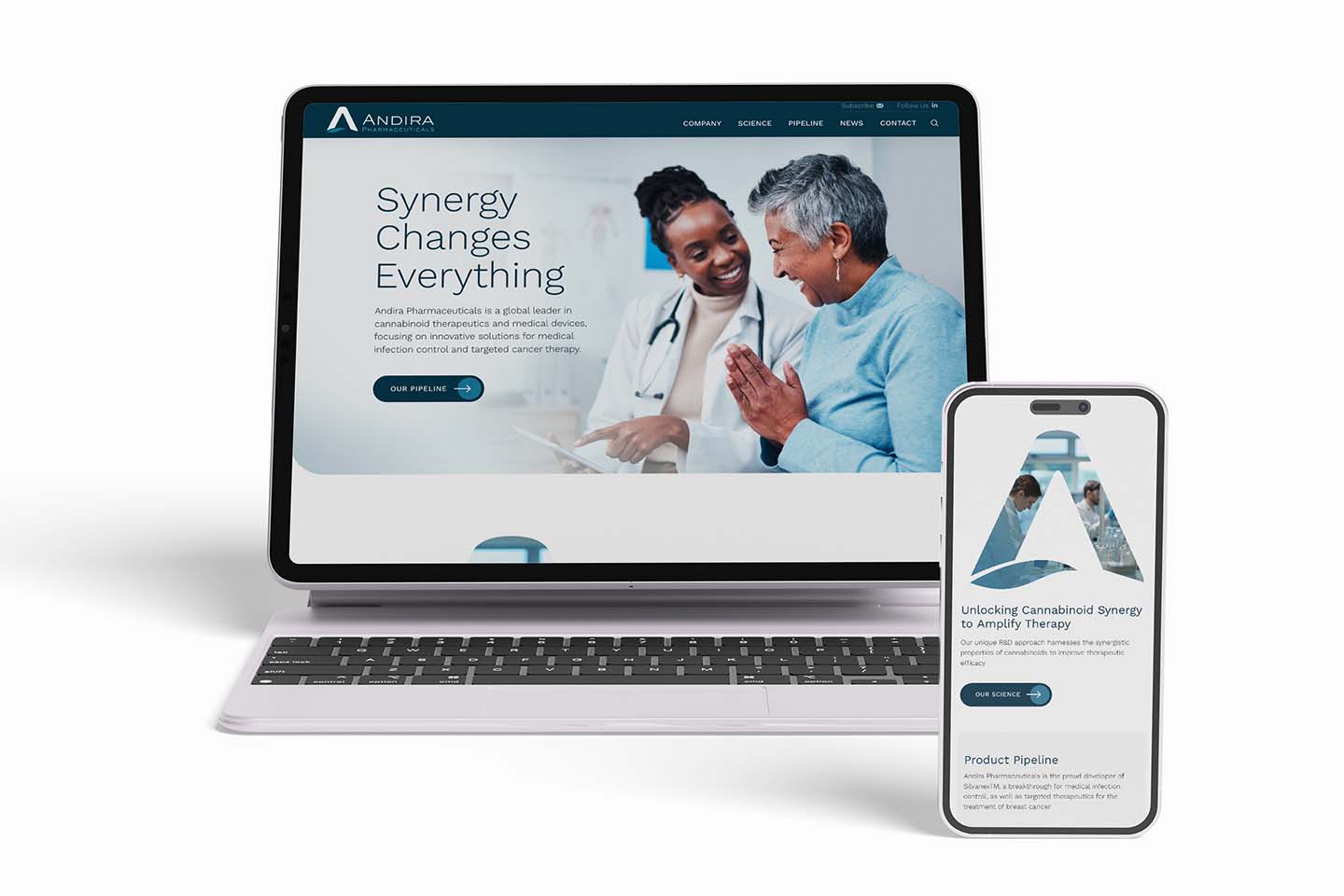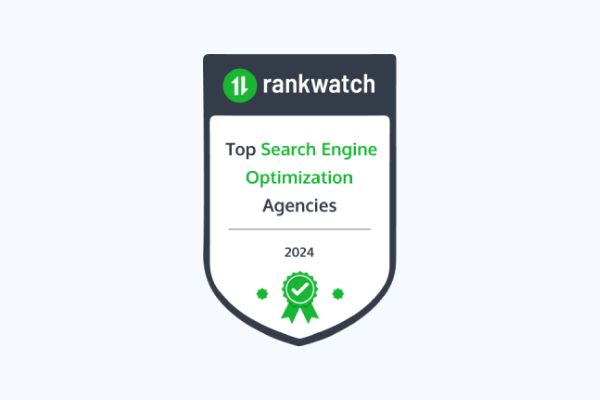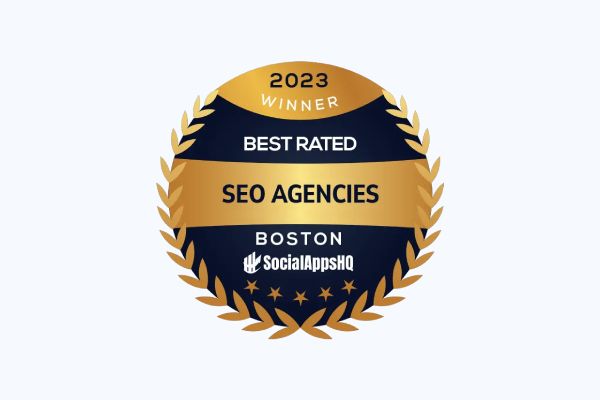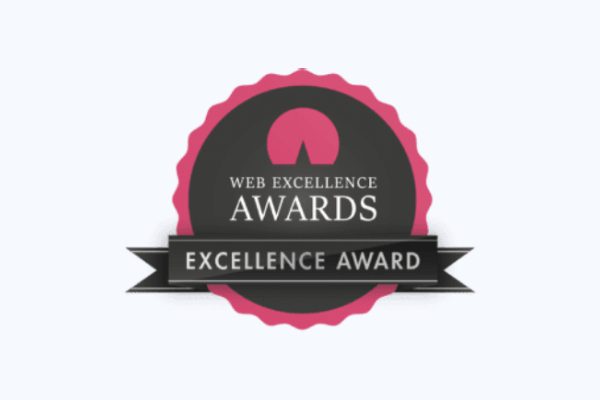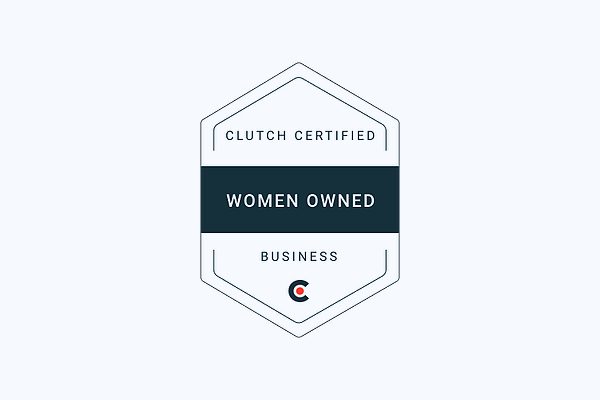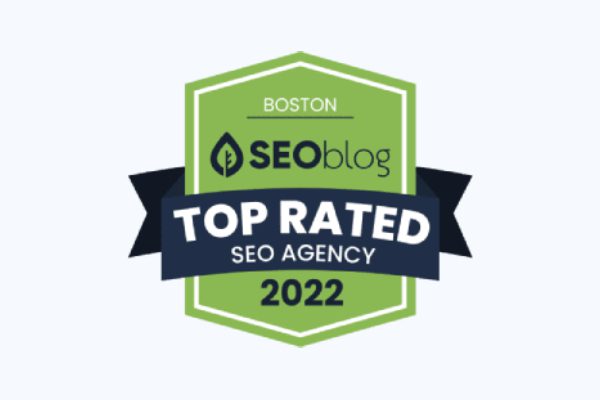For over a decade, we’ve come to think of WordPress as a great platform for setting up a blog on our website. Would it surprise you to learn that in 2015, WordPress was powering over 25 percent of the web, while today it powers over 43% of websites?
WordPress isn’t just for blogs anymore, it’s become the most popular platform for corporate websites.
Corporate Website Designs Continue to Love the WordPress Platform and the Community is still Growing
When we talk about “corporate” level business, we’re speaking about a type of business that’s usually large, often with a multinational organization. In this type of business structure, there are usually individual departments or units, each with its objectives and budgets.
This isn’t the sort of business where you’d find a website running on a WordPress platform; at least, not a decade ago. But today’s WordPress has grown, and it now packs the punch your corporate-level business needs for today’s websites.
That Was WordPress Then; This Is WordPress Now
A corporate-level business usually means a website with lots of pages, high traffic, a lattice-work of subdomains and subsites and localized content. This has meant these businesses relied on closed, proprietary systems that made them dependent on the vendor.
WordPress was a blogging platform that worked well for personal web pages and the small businesses of entrepreneurs. A Fortune 500 company? Not so much.
That was the past. WordPress has grown and it’s now a fully functional content management system (CMS) with the capabilities and features needed to power websites of all sizes, shapes, and content, including those in the enterprise sector.
Why WordPress is Best for Corporate Website Designs
The utter simplicity alone sets WordPress apart from other platforms. It takes mere minutes to install on your server. You instantly gain access to thousands of free tools and paid themes to build a professional-looking site. There are also an array of widgets and plugins to add interactive, user-friendly features to your site.
But that’s not the end of it. Other aspects of this grown-up platform set it a step above the rest.
WordPress is open source.
This means WordPress is free and anyone with the skills can create themes, plugins or add-ons to use with it. It is totally flexible and customizable. Did we mention that it’s free? You can’t find a CMS at a more reasonable price than that.
WordPress is scalable.
This is something to consider if you’re an enterprise website. If the CMS system you’re using can’t handle the number of pages you need or if it buckles under the first traffic spike that hits, it isn’t doing the job for you. WordPress can power any website from a simple personal site to a multisite network.
WordPress is secure.
While no platform is 100 percent secure, WordPress is easy to back up and lets you choose the plugins you want to add to make it’s as secure as you want it. That’s just another example of the customizability in WordPress.
WordPress gives you multi-user functionality.
With WordPress, you can set up multiple users with permission to post to the site. You can pick and choose the privileges you apply to specific users.
WordPress is search engine friendly.
When we say we have a “presence” on the internet, that means we show up in search engines’ listings. Since 93 percent of online experiences begin with a search query, showing up in search engine results is a good thing. Straight out of the box, WordPress gives you features like RSS feeds, built-in robots.txt, custom permalinks, sitemaps, breadcrumbs, SEO-friendly markup, and more. Not to drop a name, but Google loves WordPress.
Is WordPress Best for Corporate Websites?
WordPress has proven itself as a platform that is reliable, scalable, customizable, secure, and capable of handling the requirements of an enterprise business. The free price tag is unbeatable and its ever-increasing popularity is hard to ignore.
WordPress has earned a place at the table with large-scale, complex corporate websites.


